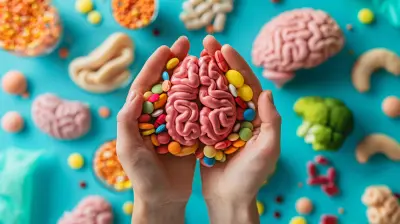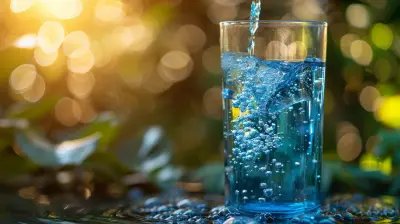Mindful Hydration: Drinking Consciously for Optimal Health
4 July 2025
We all know we should drink more water, right? Every health blog, fitness influencer, and doctor hammers that point home. But here's the thing — it's not just about gulping down glass after glass of H2O. It's about how, when, and even why you're drinking it. That's where mindful hydration comes into play.
Mindful hydration isn't just another wellness buzzword. It's a powerful, conscious practice that can drastically improve your health, energy levels, and even your mood. So grab a glass of water (yes, really) and get comfy — we're diving deep into the art of drinking water with intention.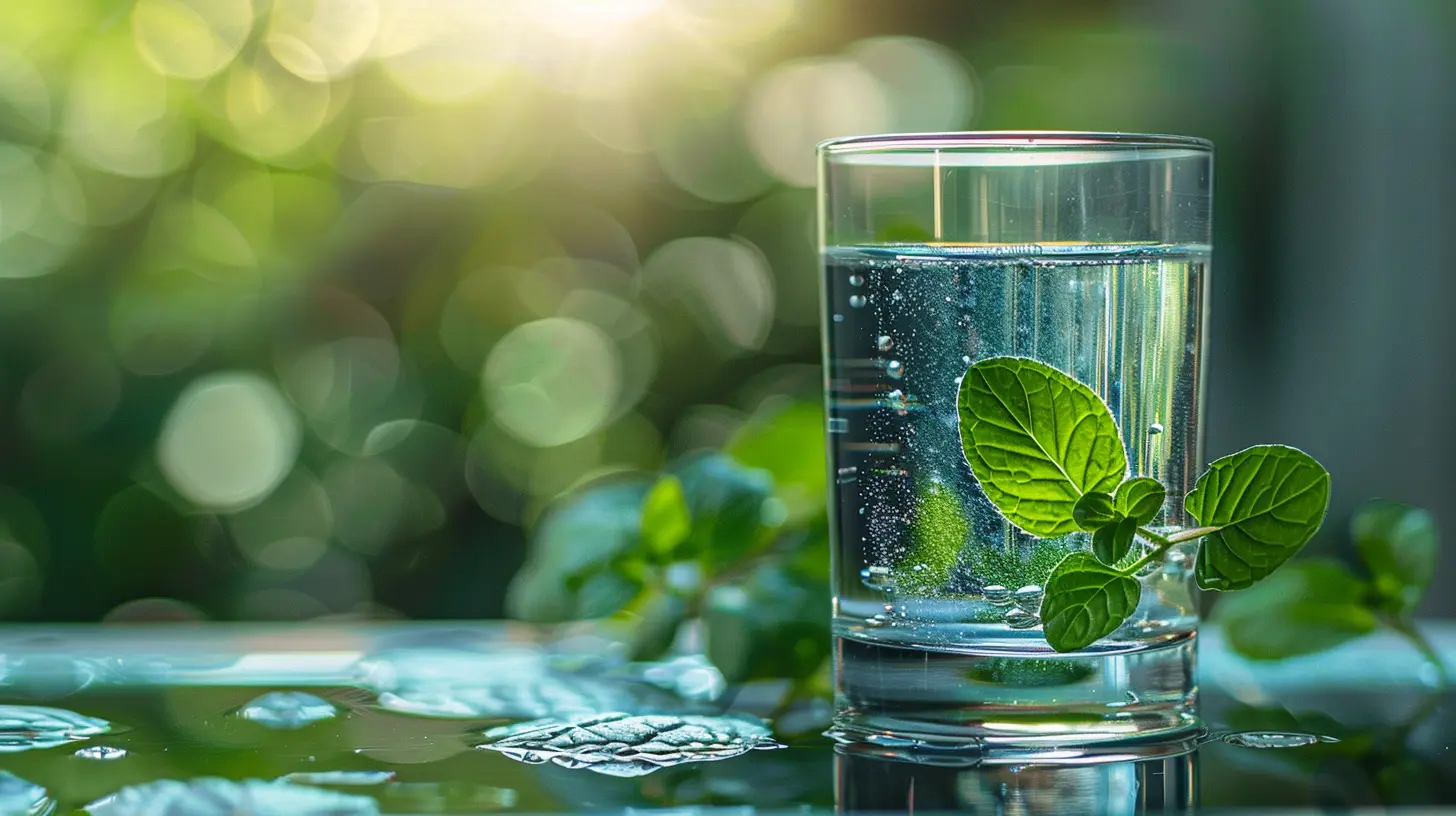
What Is Mindful Hydration, Anyway?
Think of mindful hydration as the yoga of drinking water. It's about being present, paying attention, and tuning in to your body’s true thirst signals. Instead of chugging water just because your Fitbit says you're supposed to, you’re drinking because your body genuinely needs it — and you’re fully aware of that process.Put simply, mindful hydration is the opposite of autopilot hydration.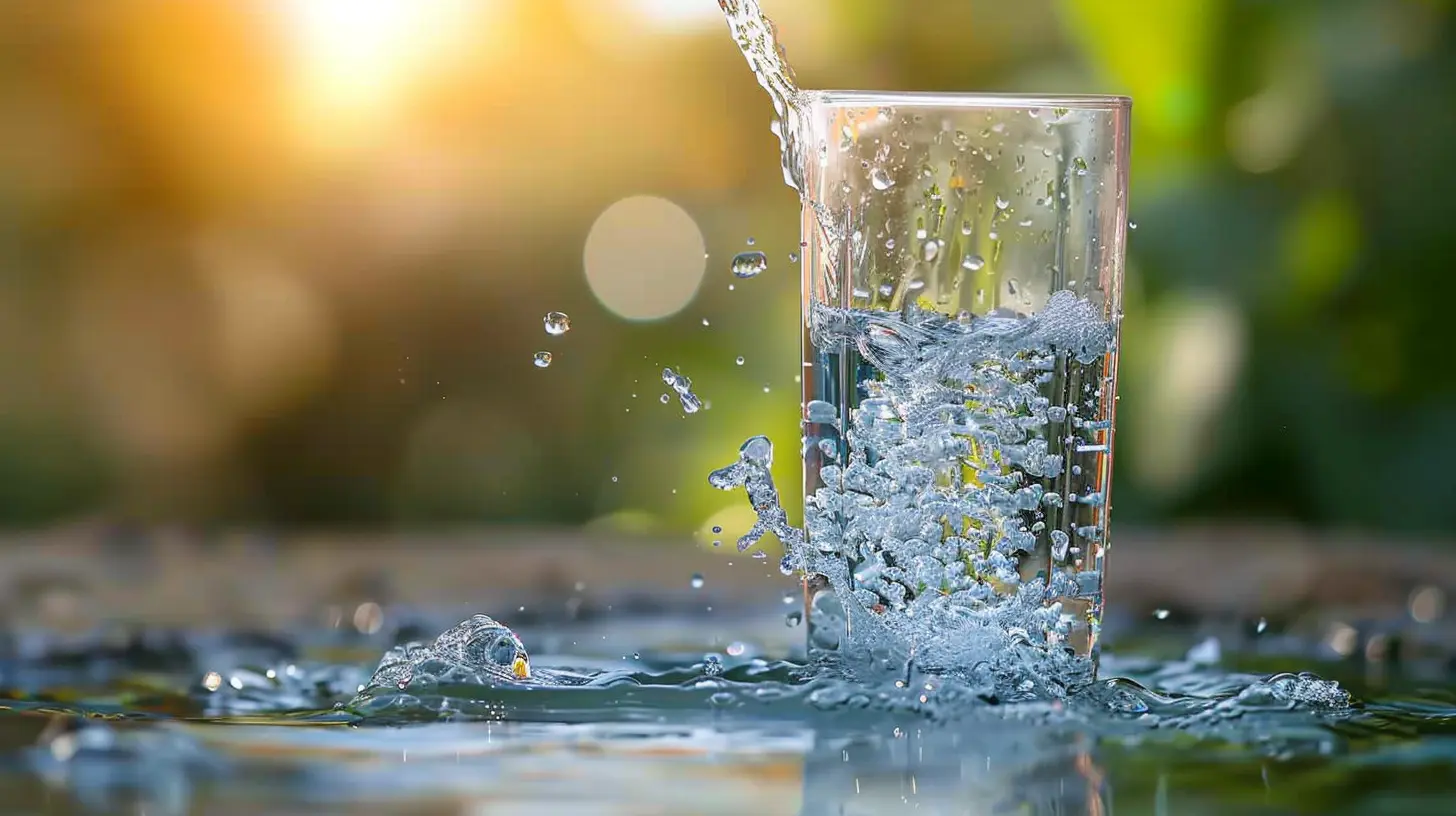
The Problem With Mindless Drinking
Let’s be honest — we live in a world fueled by caffeine, energy drinks, and sugary sodas. We often drink things by habit, not necessity. And when we do reach for water, it’s usually out of desperation (hello, dry mouth) instead of regular, conscious maintenance of hydration.Mindless drinking can lead to:
- Overhydration (yes, that’s a thing)
- Underhydration (most common)
- Debilitated energy levels
- Poor digestion
- Cranky mood swings
- Brain fog
Sound familiar?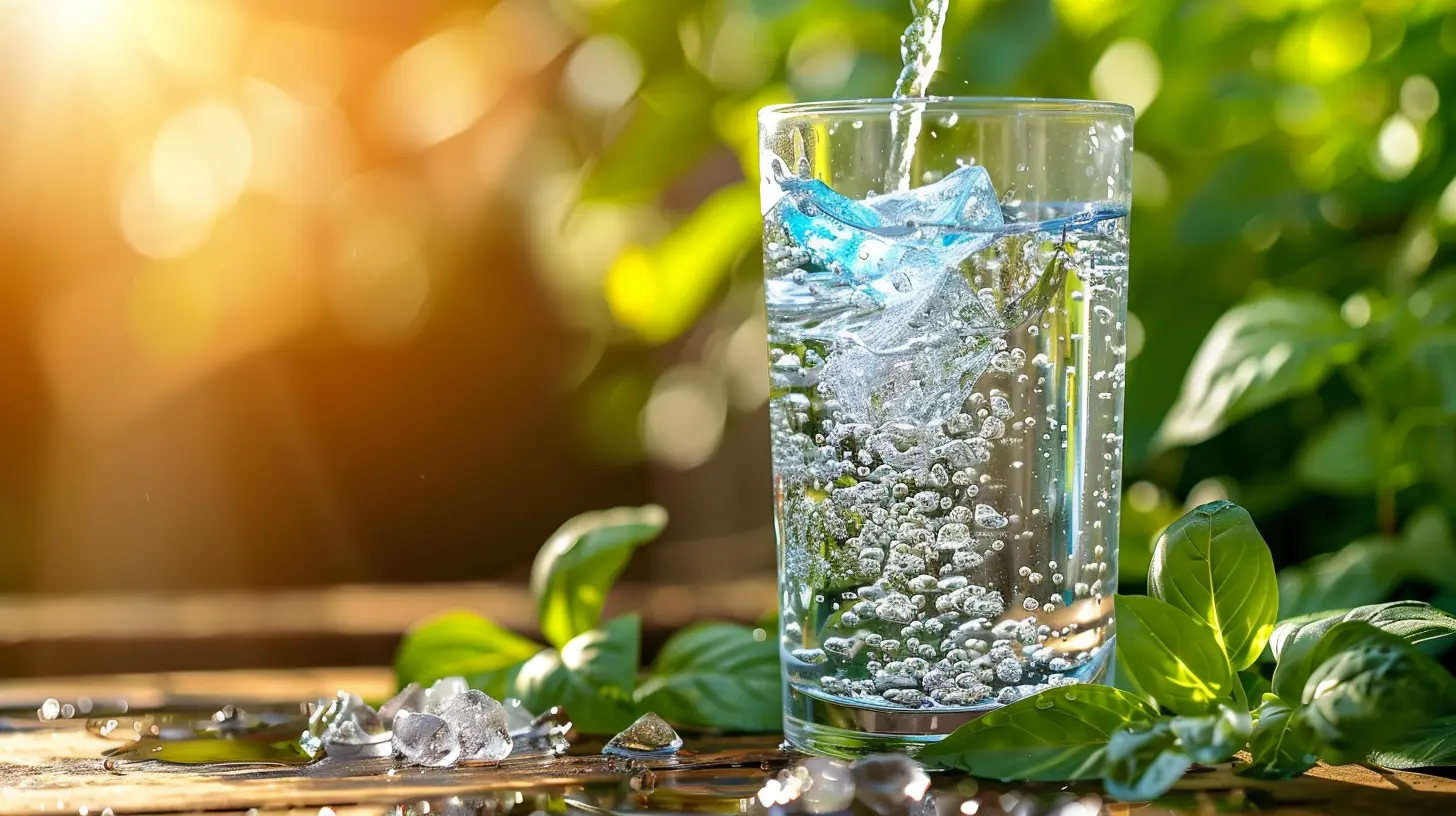
Why Hydration Matters More Than You Think
We hear “drink 8 glasses a day” all the time, but have you ever stopped to ask why you need to hydrate in the first place?Here’s what water does for your body:
- Regulates body temperature
- Cushions joints and organs
- Helps digest food and absorb nutrients
- Flushes toxins out
- Keeps skin looking fresh and glowy
- Powers your brain (water makes up about 75% of brain mass!)
So yeah, water doesn’t just keep you alive — it keeps you functioning at your best.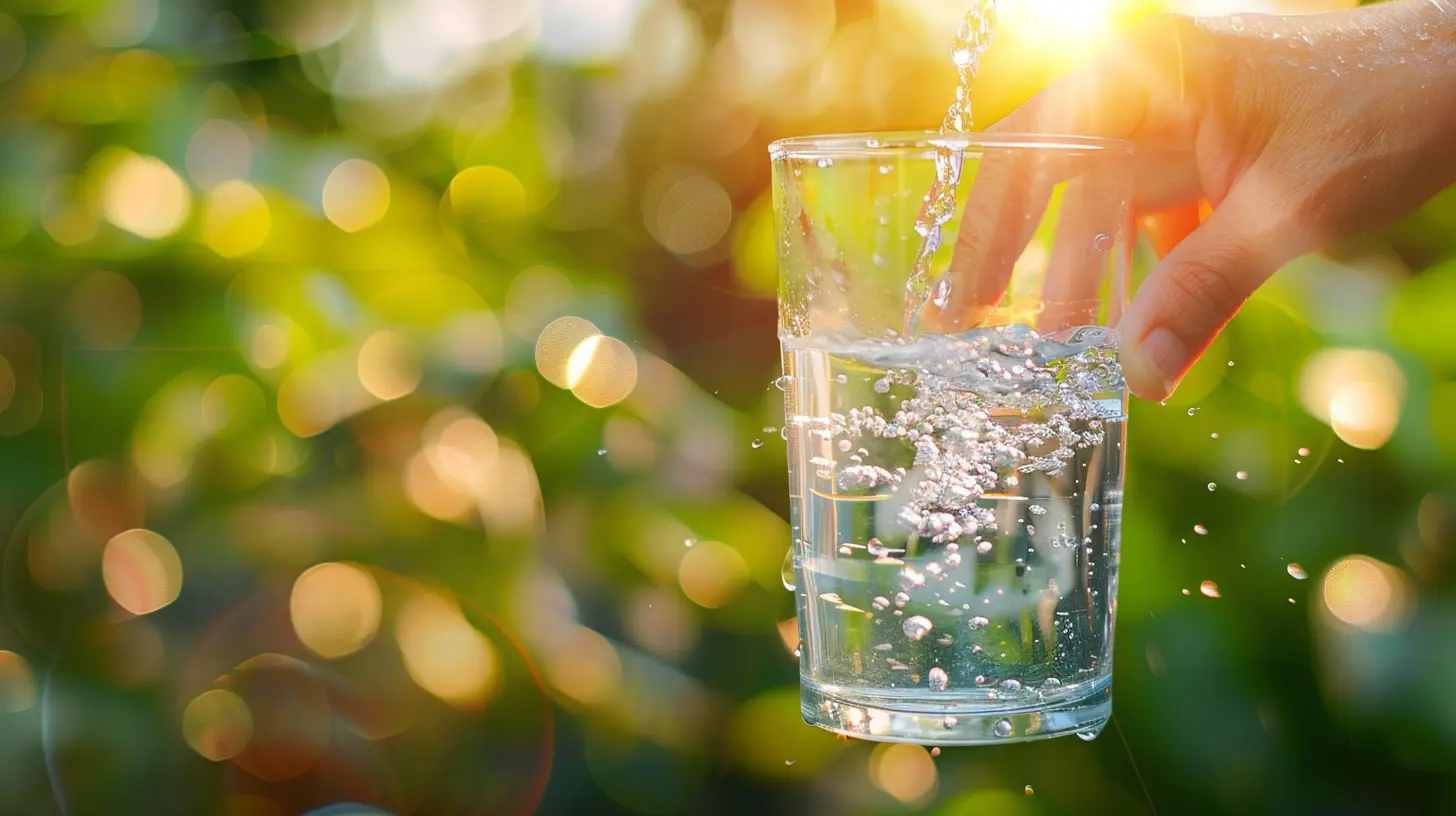
Mindful Hydration vs. Habitual Guzzling
Let’s break it down.| Mindful Hydration | Habitual Guzzling |
|-----------------------------|-----------------------------|
| You drink when you feel thirsty or dry | You drink based on a schedule or fitness app |
| You savor the water, noting its temperature and taste | You mindlessly chug without noticing it |
| You choose quality water sources | You grab whatever’s nearby |
| You listen to your body | You ignore or override your thirst cues |
Which side sounds more balanced?
How to Practice Mindful Hydration Daily
Okay, so you’re interested. But how exactly do you do mindful hydration?Let’s get practical.
1. Start With Awareness
Before you drink, pause. Ask yourself:- Am I actually thirsty?
- Is this hunger or dehydration?
- What does my body need right now?
Half the time, we reach for snacks when a glass of water would do the trick.
2. Set Water Intentions
This might sound a little woo-woo, but hear me out. Each morning, set an intention for your hydration. Something like:- “I’ll stay connected to my body’s thirst cues today.”
- “I’ll show my body love by nourishing it with water.”
It creates a mindset shift — hydration as self-care, not just a chore.
3. Savor the Sip
Don’t just toss water back like you’re in a drinking contest. Let it linger. Feel the coolness. Pay attention to how it soothes your throat, how your body reacts.Sounds silly? Try it once. You'll see the difference.
4. Use Water as a Reset Button
Feeling stressed? Overwhelmed? Foggy? Instead of reaching for sugar or caffeine, take a hydration break. A few conscious sips of water can help ground you. It’s like a mini meditation in a glass.5. Track Without Obsession
You can absolutely use hydration apps or bottle trackers, but let them guide you, not dictate you. Your body always knows best.When Should You Drink Water?
There’s no one-size-fits-all, but these golden moments are hydration sweet spots:- First thing in the morning: Rehydrate after sleep
- Before meals: Helps with digestion and prevents overeating
- During exercise: Replace lost fluids
- After a salty or processed meal: Flush out excess sodium
- When you're tired: Mental fatigue often means dehydration
Signs You're Dehydrated (Even Slightly)
Your body isn’t shy. It gives you clues — if you’re listening.Subtle signs of dehydration:
- Dry mouth or lips
- Headaches
- Brain fog
- Dizziness
- Bad breath
- Constipation
- Cravings for sugar or salt
Spot any of those? Your body might just be asking for water.
What Should You Be Drinking?
Water is the MVP, no doubt. But not all fluids are created equal.Great Hydration Choices:
- Filtered water- Coconut water (in moderation)
- Herbal teas
- Infused water (think cucumber, lemon, mint)
- Electrolyte-enhanced water (especially during workouts)
So-So Choices:
- Coffee and caffeinated tea (mild dehydrators)- Sparkling water (watch sodium levels)
Hydration Red Flags:
- Soda (sugar bomb + caffeine = no thanks)- Energy drinks (see above, plus scary additives)
- Sugary juices (liquid sugar spikes)
Stick with the good stuff. Your body will thank you.
Smart Hydration Hacks
Little tricks can make a big difference in building hydration into your day.- Use a marked bottle: Visual cues = motivation.
- Flavor your water: Try fruits, herbs, or even a splash of juice.
- Pair hydration with habits: Sip while brushing your teeth, checking emails, or watching Netflix.
- Set phone reminders: But don’t become a slave to them — check in with how your body feels first.
Hydration and Mental Health: The Surprising Connection
Did you know even mild dehydration can mimic anxiety symptoms? Yup. Things like:- Racing heart
- Restlessness
- Difficulty concentrating
Your brain needs water to function properly. Staying hydrated can improve:
- Mood
- Focus
- Emotional regulation
- Sleep quality
So yes, water can literally help calm your mind and improve your mental wellness.
How Much Water Do You Really Need?
Forget the old “8 glasses a day” rule. It’s outdated and generic.A more personalized rule of thumb:
- Half your body weight in ounces per day (for example, if you weigh 150 lbs, aim for 75oz)
- Listen to your thirst — it’s not just okay, it’s encouraged
- Consider your lifestyle – hot weather, exercise, diet, and medications all play a role
Bonus: Mindful Hydration for Skin Health
Can we talk about the glow-up?Water helps:
- Reduce puffiness
- Improve skin elasticity
- Prevent dryness and flakiness
- Flush out toxins that cause dull skin and breakouts
Hydrated skin = happy skin. No filter required.
The Bottom Line
We’ve turned hydration into yet another wellness checkbox — something we “should” do. But when you practice mindful hydration, you reconnect with your body, your needs, and your health on a deeper level.So slow it down. Quit chugging. Sip with intention. Hydrate like your well-being depends on it — because it does.
Cheers to drinking smarter, not harder.
all images in this post were generated using AI tools
Category:
HydrationAuthor:

Jackson Mahoney
Discussion
rate this article
1 comments
Soliel McLain
Cheers to mindful hydration! 🌊 Remember, each sip is a step towards wellness. Let’s make water our best friend—your body will thank you and your spirits will soar! Stay refreshed and vibrant! 💧✨
July 20, 2025 at 2:28 PM

Jackson Mahoney
Thank you for the encouraging words! Mindful hydration truly makes a difference in our overall well-being. Cheers to staying refreshed and vibrant! 💧✨
